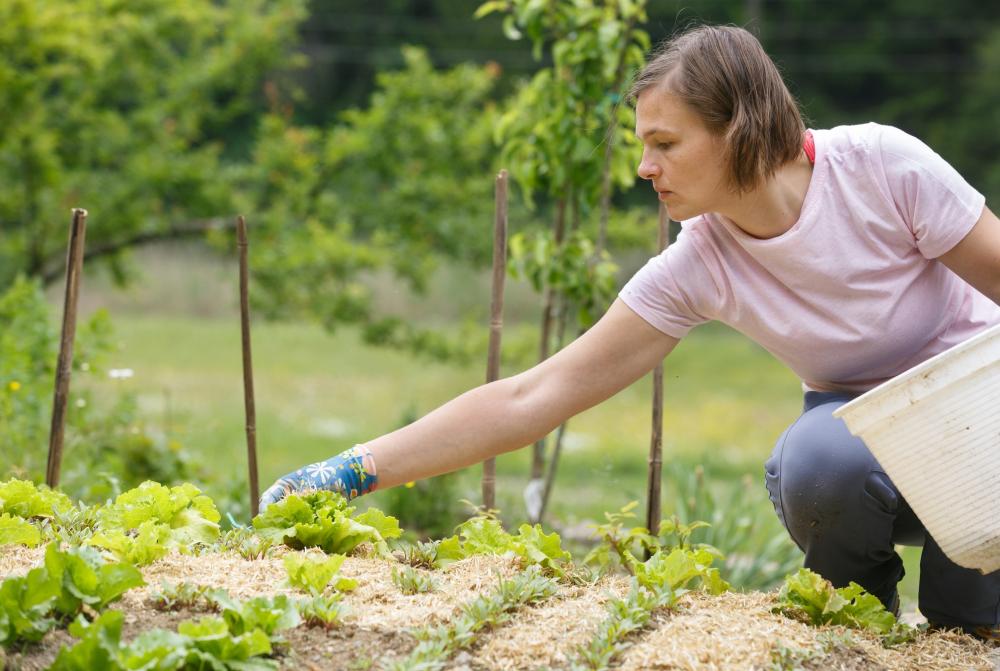Global warming, deforestation and food security are some of the topics covered in a new episode of IICA en Acción, available on Spotify.

San Jose, 26 June 2023 (IICA) – Promoting agrosilvopastoral systems that maintain soil cover and contribute to carbon capture has proven to be the most efficient way to increase food production, while also mitigating the effects of climate change, according to Colombian expert, Jacobo Arango, an environmental biologist at the International Center for Tropical Agriculture (CIAT). CIAT focuses on combatting hunger and poverty and improving human health in the tropics.
“A transformation is underway, which is giving greater recognition to the immense value of trees and water sources”, argued Arango, in a discussion on the latest episode of IICA en Acción. The podcast series by the Inter-American Institute for Cooperation on Agriculture (IICA) is producing various segments devoted to the Living Soils of the Americas initiative.
Global warming, deforestation and food security were some of the issues addressed in the interview, which has been available on IICA’s Spotify channel since Monday, 26 June.
The specialist highlighted the dangers of deforestation, which has been used to free up areas for agriculture and livestock. He emphasized the need to use alternative practices proven to be more sustainable and also productive.
“Cutting down trees to make way for crops or pastures for livestock grazing is a strategy that has many shortcomings with respect to environmental protection. The land and nature itself have been showing us that if we continue along this path, we will face severe consequences. One example is global warming”, cautioned Arango. “This example shows that we must reevaluate the way in which we are producing food in our agrifood systems”.
According to Arango, “One of the practices that we have used and continue to use, which is in need of transformation, is livestock grazing on extensive pastures, with not a tree in sight”.
“Instead, the aim nowadays is to maintain soil cover and to complement pastures with other crops, such as vegetables, which have the capacity to fix nitrogen in the soil. This will not only provide more nutrition for the cattle, but will also create soil, plant and animal systems that are much healthier for the environment”.
Thus, the CIAT expert is the latest in a series of guests that have participated in the podcast segment on the Living Soils of the Americas project – the initiative spearheaded by the Inter-American Institute for Cooperation on Agriculture (IICA) and the Rattan Dal Carbon Management and Sequestration Center, which is headed by award-winning scientist and winner of the 2020 World Food Prize, Rattan Lal.
The initiative links science, public policies, the private sector and soil rehabilitation efforts in the region, to tackle the degradation that is threatening the position of Latin America and the Caribbean as the guarantor of global food security.
The IICA en Acción podcast series, which is available on Spotify, is a communication channel that offers news, analysis and commentary, and also features the voices of rural protagonists in the Americas. The segment devoted to the Living Soils initiative has interviewed experts, authorities and members of private sector entities that have partnered in this initiative, namely Bayer, Syngenta and PepsiCo.
For example, to name just a few, the program has interviewed the IICA Director General, Manuel Otero; soil expert Rattan Lal; Argentine Secretary of Agriculture, Livestock and Fisheries, Juan José Bahillo; Chief of the Natural Resources and Conservation Service of the United States Department of Agriculture, Terry Crosby, not to mention authorities from Canada, Mexico and Brazil and experts from several countries in the Americas, who are all committed to innovation and the shift towards an increasingly sustainable agriculture sector.
More information:
Institutional Communication Division.
comunicacion.institucional@iica.int











